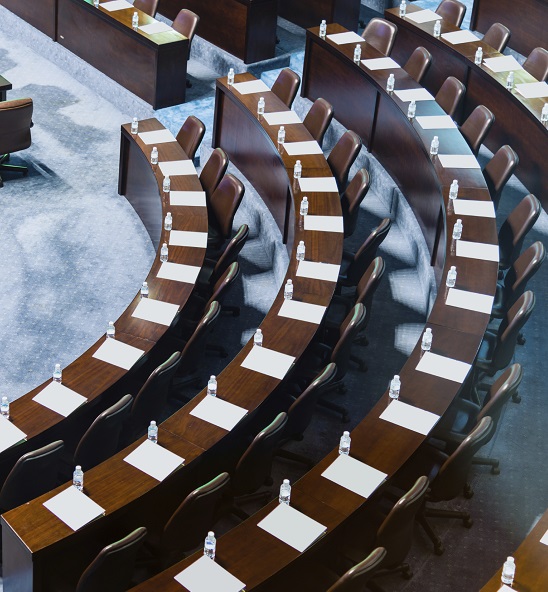Global power is shifting and the old certainties are disappearing fast. Political and economic power is moving from West to East and from governments to non-state actors. Challenges and opportunities are rarely contained within national borders, demanding collaboration not coercion.
In this more confused, complex and multi-polar world, the limits of hard power – the use of force, threats, sanctions or payments – are becoming more obvious. It has also seen the concept of soft power – the use of attraction and persuasion to achieve goals – move from the world of academia to the front-pages of newspapers and the speeches of our political leaders.
However, wider usage has not always meant wider understanding. Soft power is too often misappropriated to cover all courses of action outside military force and, as such, is often embraced as the ethical alternative. Yet soft power can be wielded for bad purposes as well as good, as Hitler, Stalin, and Mao each demonstrated. It is not a choice between hard realism and idealism but simply another form of power which can be used to get desired outcomes. American ‘Jazz Diplomacy’ in the post-WWII era complemented Marshall Plan efforts as an implicit nod to the power of being liked.
Why does Soft Power matter?
Soft power also finds itself dismissed by sceptics as little more than a fashionable academic theory. But while the name may be recent, it is as old as human history. It is implicit in Lao-tsu’s comment that a leader is best not when people obey his commands, but when they barely know he exists. The centuries’ old efforts to spread French language and culture have enhanced France’s power and explains why, even though it is no longer deserved, French remains known as ‘the language of diplomacy’. More recently, American ‘Jazz Diplomacy’ in the post-WWII era complemented Marshall Plan efforts as an implicit nod to the power of being liked.
Even those who accept the role that soft power can play to help achieve foreign policy goals often underestimate the difficulties of incorporating it effectively into a national strategy. Soft power may appear a better, less risky option than economic or military power, but it is often hard to use, easy to lose, and costly to re-establish.
Soft power outcomes have to be coaxed into fruition, not forced like hard power approaches. The results of leveraging soft power can take a long time when the imperative is for a prompt return on investment. Nor, crucially, are the instruments of soft power fully under the control of governments. Culture and values belong to societies. The successful use of soft power also rests on credibility. When governments are perceived as manipulative and information is seen as propaganda, credibility is destroyed. The best propaganda is not propaganda.
We must also be careful to recognise the limits of soft power. It is hard to see how it can be deployed, for example, to solve the ongoing Syrian crisis. But this does not mean, as some critics suggest, that soft power really is not power at all. All forms of power have limitations. When foreign policy goals include the promotion of democracy, human rights, and freedom, soft power turns out to be superior to hard power. In an era marked by increased information and a diffusion of power, it will become an increasingly important part of effective foreign policy strategies.
But in order to deploy soft power to achieve their wider foreign policy goals, governments must first understand the resources they can deploy and understand where they might be effective.
Up to now, this has too often relied on guess work and intuition with little chance for countries to compare either resources or capabilities, let alone performance. This project does an admirable job in working to overcome these barriers.
It builds upon my own work in developing the concept of soft power by assessing each country against a carefully considered set of objective metrics as well as new international polling data. The result is the clearest picture to date of global soft power. It is a useful addition to the field of research.


